For years, many American companies have been chasing lower costs and wages overseas. The net effect has been a manufacturing supply chain with little diversification beyond China. Now, in an emerging manufacturing landscape trigged by the coronavirus and the shortage of medical goods, the U.S. apparel and textile industries are revealing how their intact supplier networks—though thinned over the years—can respond nimbly to a crisis, and produce goods fast.
At a macro level, global manufacturing is a giant car pileup, with many businesses waiting on China-sourced components. Some half of U.S. businesses report they can’t even get logistics information from China suppliers—let alone delivered goods, according to an Institute for Supply Management (ISM) survey released last month.
The overseas sources that so many had come to count on were suddenly no longer reliable. But the American manufacturers, for the most part, were long gone. However, some remain.
Amid this chaos, at least one remaining pocket of American manufacturing—“Made in USA” textile and apparel companies—is showing that supply infrastructures, though slightly worn over the decades, can pivot hard and respond in a crisis, even during a global pandemic.

As the deadly virus touched down on America and began spreading, an interconnected hub of U.S. cotton farmers, yarn producers, fabric makers, shop floor managers, and seamstresses sprung into action last month. They dropped whatever they were making—pants, sweatshirts, and underwear—and began reimagining their infrastructures for non-medical masks, as well as medical face masks and PPE (personal protective equipment) for healthcare workers and others on the front lines.
Unlike many other manufaturing sectors, because the apparel sector's supply chain was intact, they were able to spring into action quickly.
U.S.-based businesses emphasize having access to local mills, plants, and suppliers, allowing producers to turn around sampling and production quickly, which makes speed-to-market possible. “We just pick and choose a fabric, make a pattern and we go,” said Joe Willis, co-founder of City Threads which makes kids apparel (up to 16 years). Based in downtown Los Angeles, they’ve suspended normal work to exclusively produce masks for essential, non-medical workers including grocery store clerks. The CDC has recommended the voluntary use of cloth face coverings.
“This highly complex, multinational supply chain is fragile and vulnerable to fundamental disruption,” according to Bayard Winthrop, founder and chief executive of American Giant. He made the comments in a LinkedIn post last month. Based in San Francisco, American Giant had a domestic supplier network in place prior to the pandemic. They’ve transitioned from making popular sweatshirts and other apparel to medical masks certified by the U.S. Department of Health and Human Services (HHS). “COVID-19 is a wake-up call,” according to Winthrop of American Giant.
Read the full story on LinkedIn
Photo info / A seamstress at Eagle Sportswear, a knitwear plant in Middlesex, N.C. that's owned by U.S. apparel maker American Giant, makes medical face masks. (Image credit: American Giant)

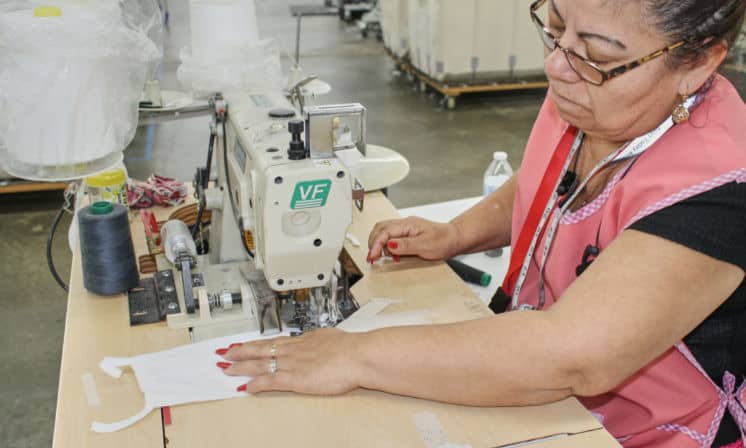
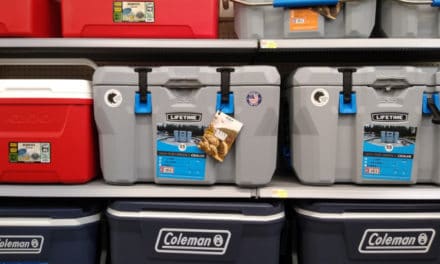


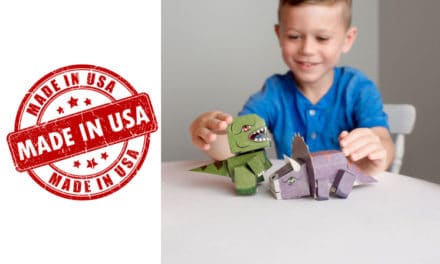
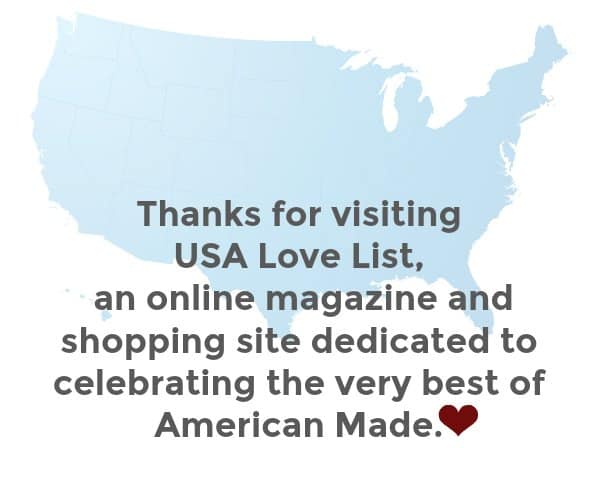





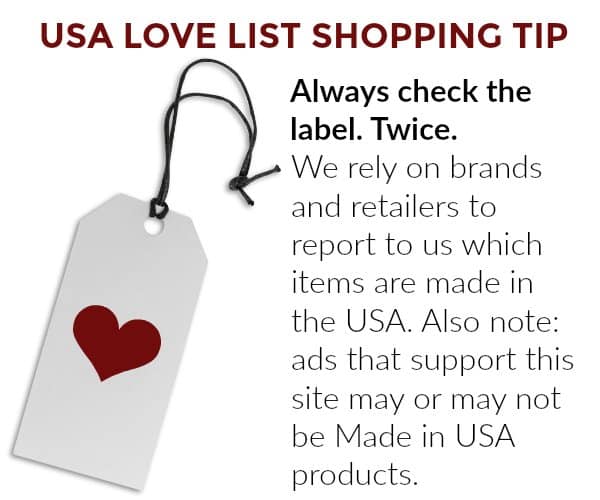
Mobilizing factories for domestic production demonstrates strategic agility. An Executive Course in Public Sector Governance trains leaders to harness national resources, improve industrial coordination, and implement procurement policies that enhance resilience and secure supply chains in times of national urgency.
It’s inspiring to witness American factories springing into action and proudly declaring “Made in USA” as they lead the way in various industries. This resurgence is not only a testament to the resilience of American manufacturing but also a testament to the values of quality, innovation, and local production.In the realm of Metal casting facilities, this movement is particularly significant. These facilities have long been the backbone of many sectors, from automotive to aerospace, providing crucial components that require precision and reliability. With the “Made in USA” ethos at the forefront, metal casting facilities are reaffirming their commitment to delivering top-notch products to both domestic and international markets.